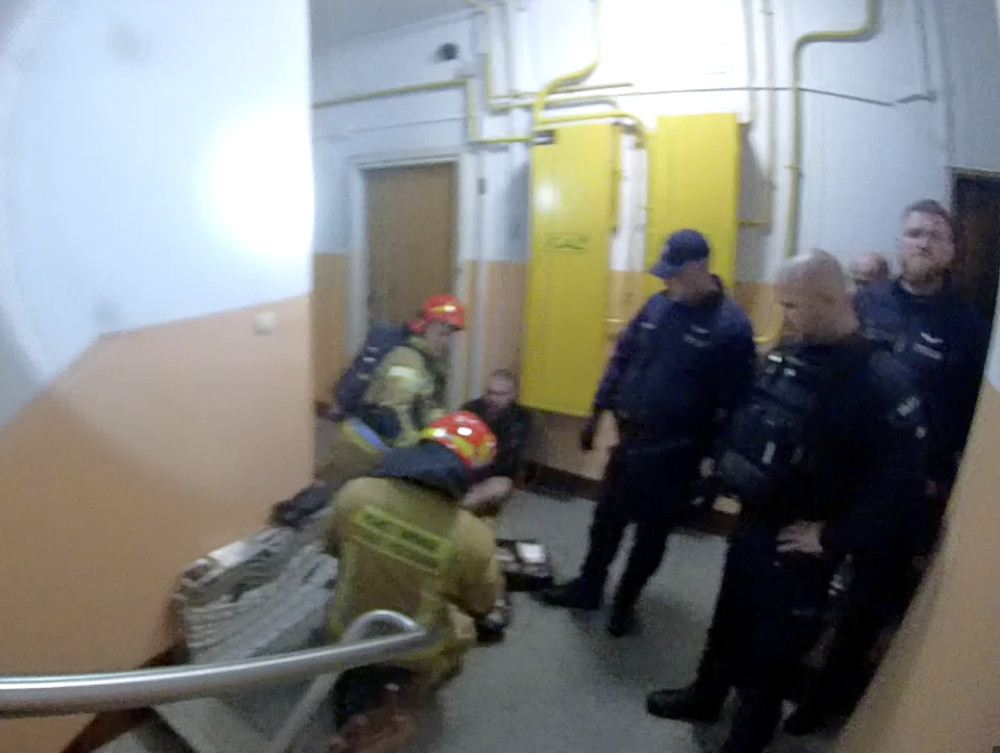What's the average, simple court case? This example shows how Polish courts are in general condition and how judges behave. Unfortunately, this image is far from correct.
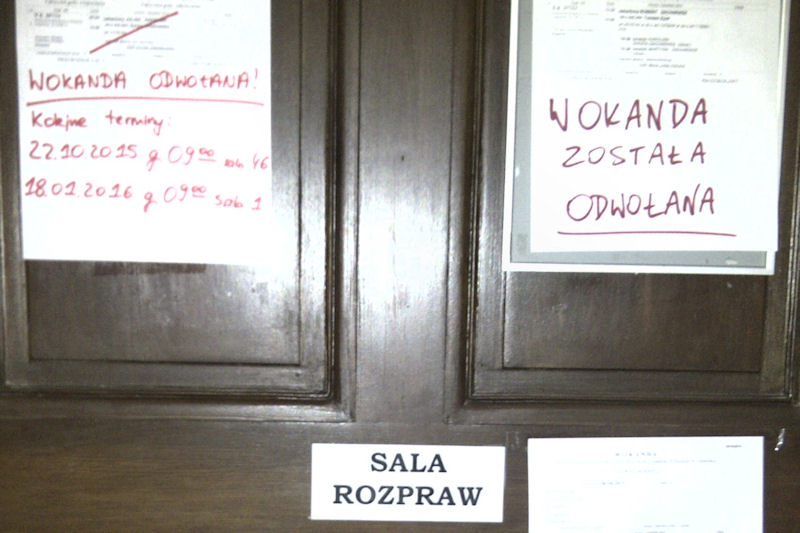
District Court in... a misdemeanor case. Charge — The suspect did not answer the letter of the city defender in... . As described in breach of Article 96(3) of the Code of Offence.
With a 20-minute delay, the court secretary calls the parties. He only gets blamed. By the closest Twelve minutes, the justice instructs the accused of the consequences they may have on him if he does not appear in a criminal trial.. He cites the rules, gives the numbers of the paragraphs, quotes the peculiar provisions of a code. At the end of the sequence, everything she said, and about the average man had no chance to scope (it's like information about the actual yearly interest rate given in tiny letters in advertisements encouraging her to take a debt at the bank) summarizes in respective sentences, lasting not more than half a minute.
Well, dear Readers. I'm certain many of you will say that this is the procedure. I agree with you. And let me add: the same 1 that says twice placed in the mailbox of an aviso with a subpoena means an effective and correct notification to the organization of the request to appear before the court. Simple, sure. As much as he has to do with logic and common sense, I won't talk. due to the fact that I could most likely get a subpoena.
Then the justice asks the accused: health, household condition, possession status, etc., etc. He besides asks if the suspect understood the charge. After saying yes, he goes to the point.
To start with, ‘what does the guilty gotta say in this matter’? After replying that “the allegation is formulated as it is (‘The suspect did not answer to the letter of the municipal defender in ...’, 2 answers given to the municipal defender in... are in the case file which the court has before it, so everything is clear and there is nothing to say", the justice carries out a "providence proceeding".
To begin with, he asks if the photograph in the case file shows a car owned by the victim. After a conditional consequence that ‘if the registration plate shown in the corner of the photograph is the same as that on the car, yes, the car shown in the photograph is the property of the accused’, the justice orders to evidence that the suspect has confirmed that his car is shown in the photo. After a fewer more questions (including as crucial as: was the acknowledgement of receipt of the call for clarification signed by the accused? Is the signature of the letter sent to the city defender a signature of the defendant?), during which the court had utilized the information contained in the replies sent by the suspect to the city guard, the court ended the proceedings and announced that the judgement in the case would be published after a week. He besides informed that the presence of blamed on the announcement was not mandatory. The full case didn't last more than 20 minutes. So much for procedural horror. If you find a milder word for this situation, dear Readers, we will be happy to read it.
Now a fewer words about intellectual horror. In the case described, the justice ruled that He was found guilty. (no, no, no, no, no, no, no, no, no, no. that he did not indicate who he entrusted the car to drive or use. erstwhile in the appeal the suspect pointed out that he has been convicted of an act another than that of the plea, The justice took the position that changing the description of the alleged act is only stylistic.
Even more interesting is the position of a typical of the Ombudsman (he is the same guy who thinks that it is more crucial than gathering representatives of students of different nationalities persecuted in Poland than acting to defend the rights of citizens of our country). This one, without being embarrassed in writing to our reader, said: “in the present case, although you replied to the magazine of the City Guard...It’s okay. ” Nevertheless, he sees nothing illegal in the fact that a citizen accused of “...The owner of the vehicle, contrary to the obligation, did not answer to the letter sent to him ...’ is found guilty of did not indicate at the request of the municipal defender to whom the car was entrusted ...’.
An explanation of the “intellectual” complexities of the described positions of the “Justice” representatives can be found. They tried to introduce them to me. With my ability to realize small of their arguments, I understood. In social conversations, however, they drew my attention to the subject of experts like Massa, Sausage, or another Baranina.
I, on the another hand, found that so - called social wisdom is far greater than I could have imagined. It is this wisdom that makes more and more people specify those whom Mrs Gersdorf erstwhile said: “...are, whether it likes it or not, the best educated prostate part of the nation, very hard work to gain their judicial skills ...” It's called a mob in toga.
The mob doesn't gotta just reprivatize. Does anyone uncertainty that changes in the judiciary are necessary? Let us hope that they do not deepen the current state of "intellectual euphoria", which can be seen in these examples.

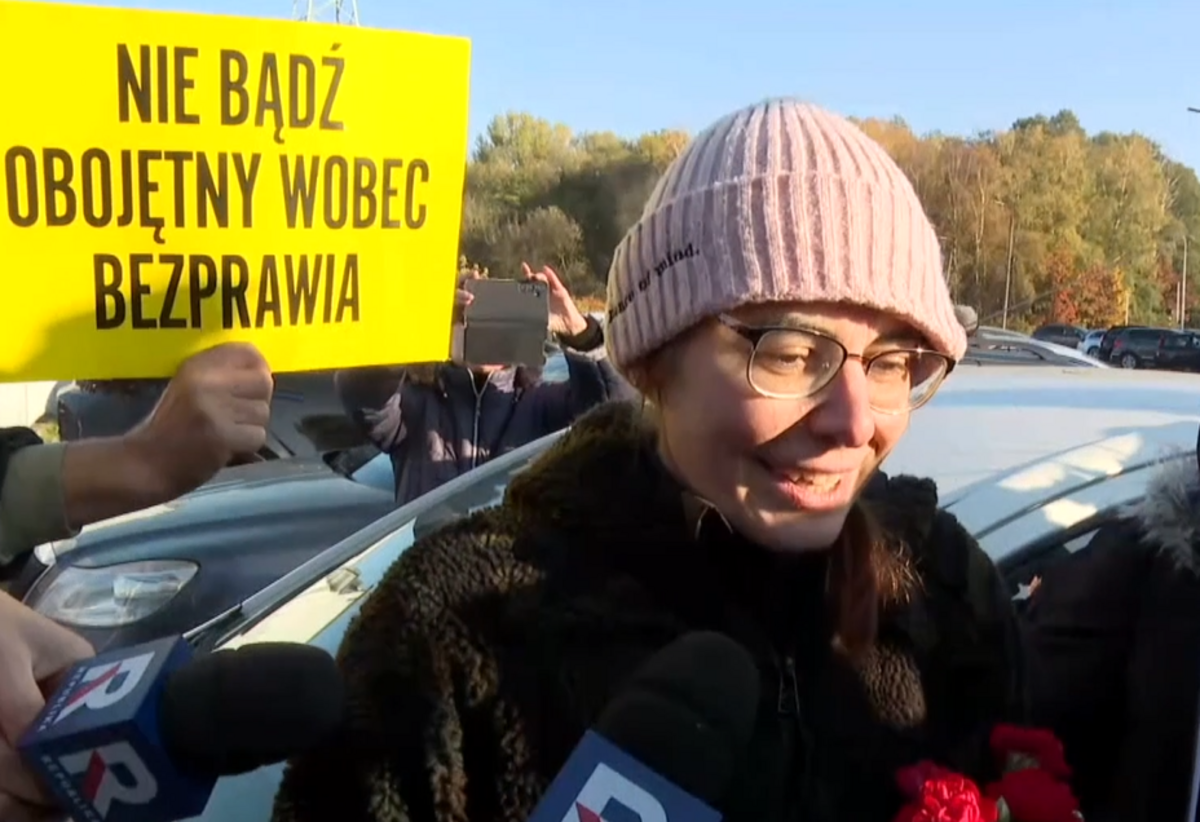


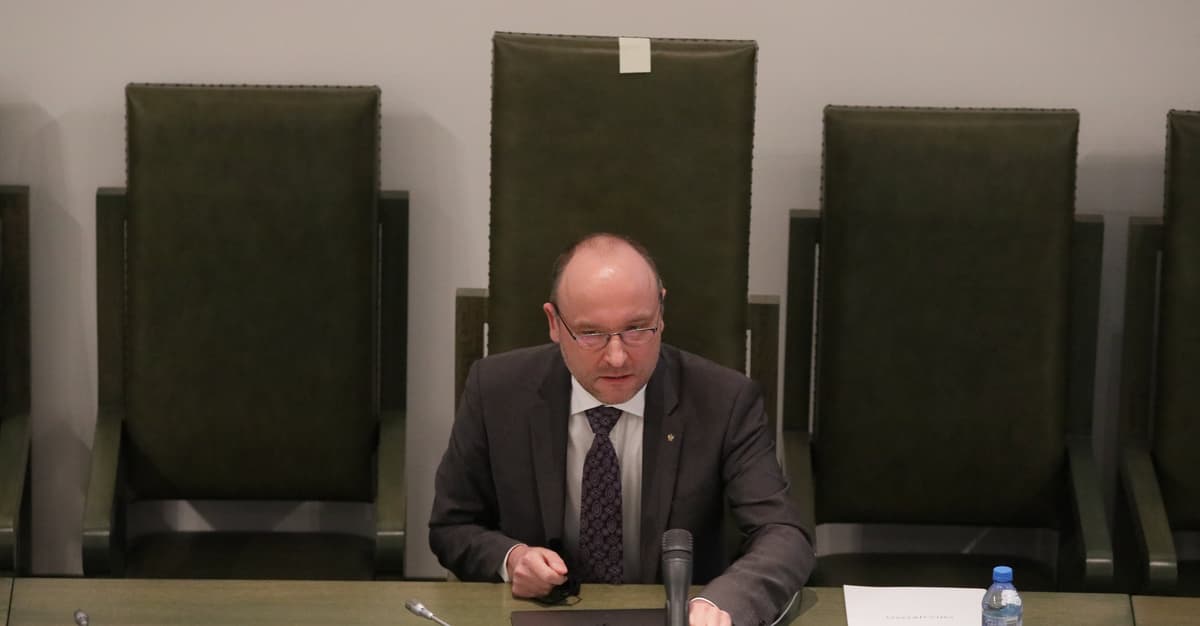
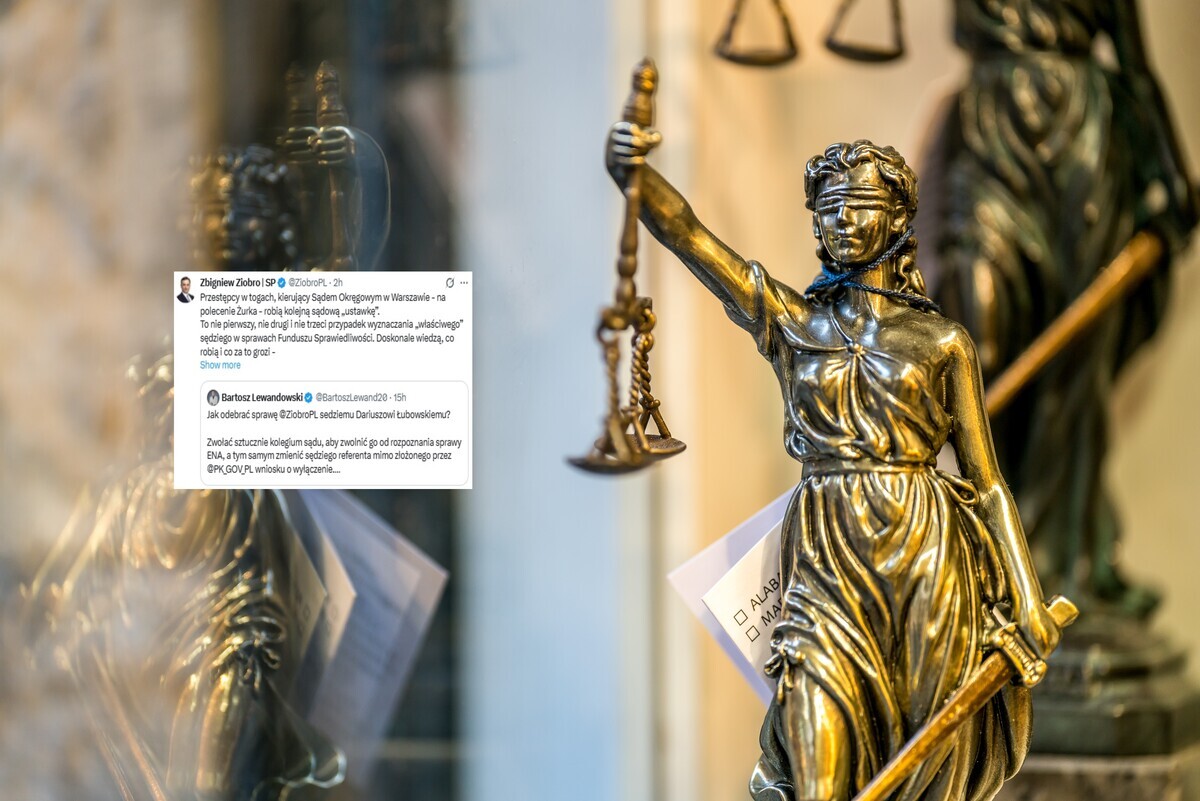
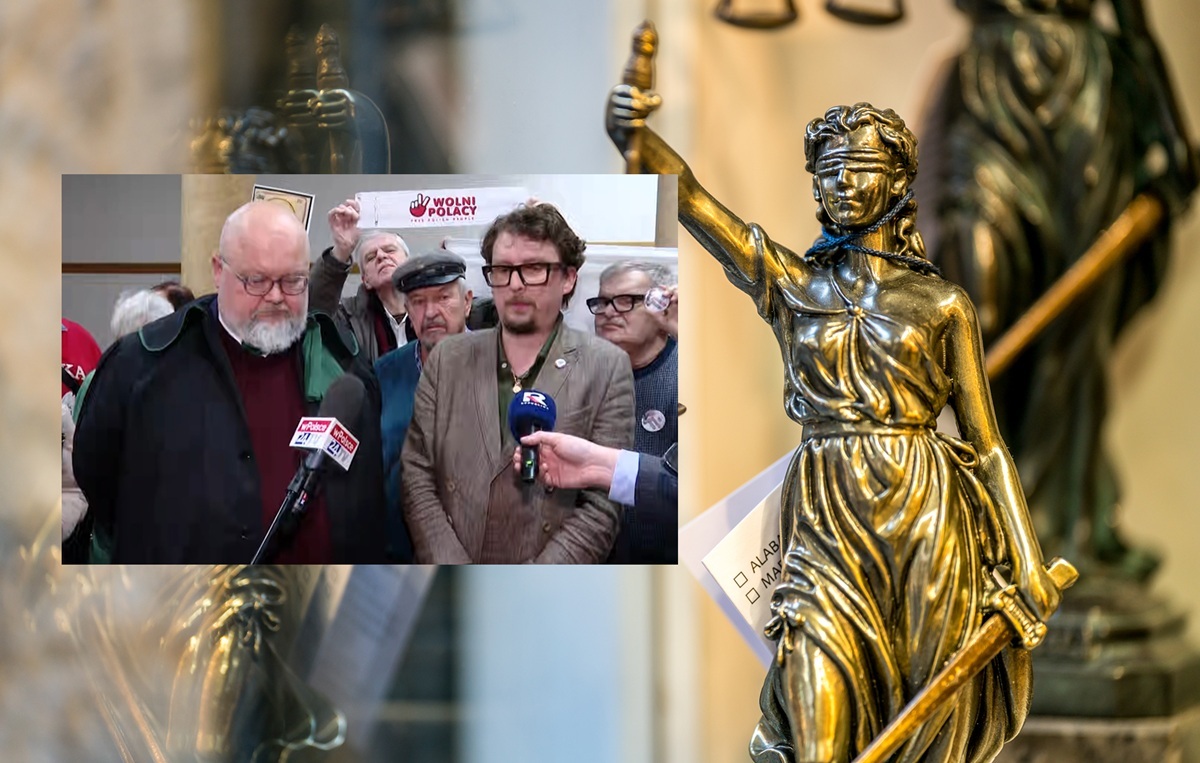

![Urząd skarbowy skontroluje osoby, które wysłały taki przelew. Wystarczy choćby mała kwota [18.02.2026]](https://warszawawpigulce.pl/wp-content/uploads/2025/10/Pieniadze-banknoty-wazne200i1003888.webp)

